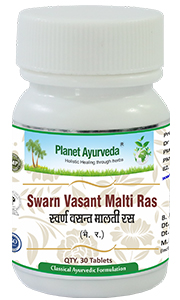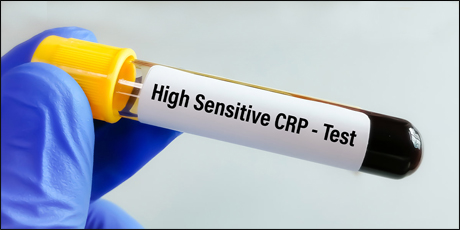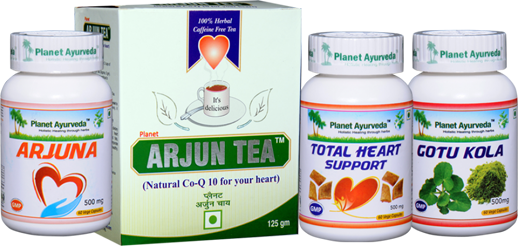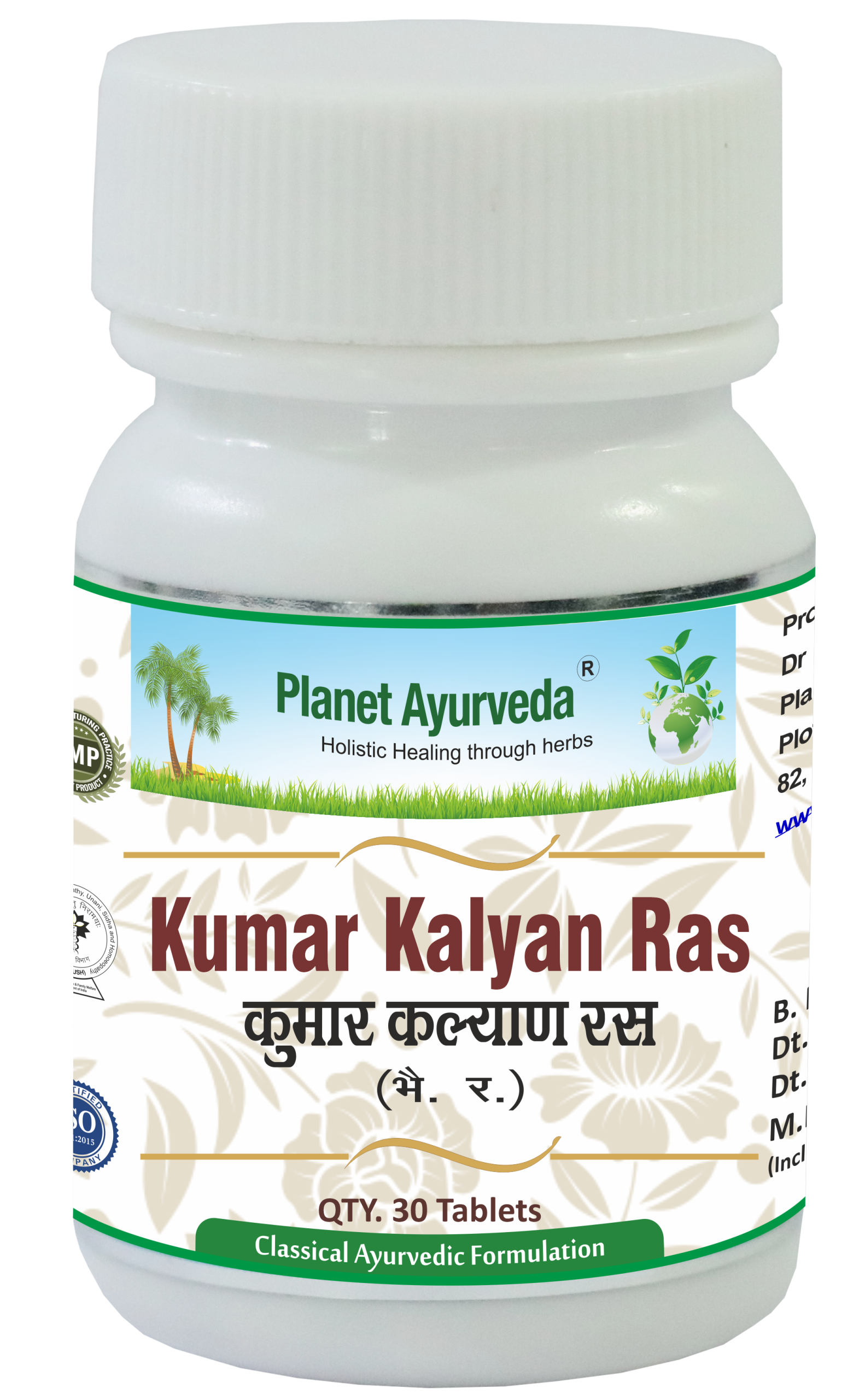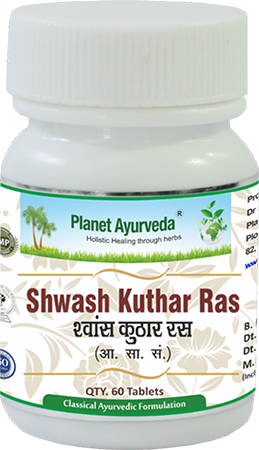Which Vitamin Deficiency Causes Anxiety and Sudden Increase in Heartbeat?
Abstract
Anxiety and sudden increases in heartbeat are commonly experienced symptoms that affect millions worldwide. While often attributed to stress or psychological causes, growing evidence suggests that nutritional deficiencies—particularly in B-complex vitamins, Vitamin D, and magnesium—may be significant underlying contributors. Studies show that up to 25% of people with anxiety disorders have low Vitamin B12 levels, while nearly 50% of the global population is estimated to be Vitamin D deficient. Magnesium deficiency, which affects around 10–30% of individuals, is also strongly linked to nervous system disturbances and cardiovascular symptoms. These deficiencies can interfere with neurotransmitter balance and heart rhythm, leading to restlessness, panic, and palpitations. This article explores combines modern science and Ayurveda to show how these deficiencies affect our mind and body, and how recovery can start with better nutrition and self-care.

Introduction
The human body requires a delicate balance of nutrients to function optimally. Vitamins and minerals not only fuel metabolic processes but also ensure proper nervous system and heart function. Deficiencies in key vitamins often manifest subtly at first but can escalate into symptoms such as anxiety, fatigue, and a rapid or irregular heartbeat. Understanding the link between these deficiencies and physical symptoms is essential for early intervention and overall wellness.
Which Vitamin Deficiency Causes Anxiety and Sudden Increase in Heartbeat?
Several vitamin and mineral deficiencies are directly linked to mental and cardiac symptoms such as:
1. Vitamin B12 Deficiency
Role : Vitamin B12 is crucial for nerve tissue health, brain function, and the production of red blood cells (RBCs). It supports the formation and maintenance of the myelin sheath, a protective layer around nerves that ensures smooth electrical signaling. B12 also plays a role in DNA synthesis, cell metabolism, and energy production. It's vital for the synthesis of neurotransmitters, particularly serotonin and dopamine, which influence mood and emotional balance. Without adequate B12, cognitive clarity, memory, and emotional regulation can all suffer. Its role in red blood cell formation ensures that oxygen is efficiently transported throughout the body, including the brain and heart, and thus supports physical and mental vitality.
Effects of Deficiency : Vitamin B12 deficiency leads to impaired formation of red blood cells, resulting in megaloblastic anemia, which reduces oxygen-carrying capacity. This forces the heart to work harder, potentially causing palpitations, shortness of breath, and fatigue. On a neurological level, B12 is vital for maintaining the myelin sheath around nerves, its deficiency can lead to numbness, tingling, poor coordination, and memory disturbances. Psychologically, low B12 is closely associated with mood disorders, especially anxiety, depression, irritability, and difficulty concentrating.
2. Vitamin D Deficiency
Role : Vitamin D, often called the "sunshine vitamin," is essential for calcium absorption, which supports healthy bones, teeth, and muscles. Beyond musculoskeletal health, Vitamin D plays a key neuroprotective role by regulating brain development and function. It influences neurotransmission, neuroplasticity, and immune response. Vitamin D receptors are found in many brain regions that control mood and behavior. It also modulates inflammatory pathways, and chronic inflammation has been linked with mental health disorders like anxiety and depression. Moreover, it contributes to cardiovascular health by maintaining blood pressure regulation and vascular integrity.
Effects of Deficiency : Vitamin D deficiency affects multiple systems. In the brain, a lack of vitamin D can disturb the function of dopamine and serotonin pathways, which are crucial for mood balance. This is why deficiency is often linked to seasonal affective disorder (SAD) and other forms of depression and anxiety. Immunologically, it can weaken the immune response, increasing inflammation, which has also been correlated with mental health issues. Cardiovascularly, low vitamin D can increase the risk of hypertension, arterial stiffness, and abnormal heart rhythms, sometimes presenting as palpitations or chest discomfort.
3. Magnesium Deficiency
Role : Magnesium is a cofactor in over 300 enzymatic reactions in the body. It plays a central role in nerve transmission, muscle contraction, and heartbeat regulation. It stabilizes neuronal membranes, prevents overexcitation of the nervous system, and supports the release and action of GABA, the body’s main calming neurotransmitter. Magnesium also assists in ATP (energy) production, blood glucose control, and protein synthesis. In the cardiovascular system, magnesium helps maintain normal heart rhythm and prevents vascular spasms.
Effects of Deficiency : Magnesium deficiency can cause neuromuscular irritability, leading to muscle twitches, cramps, tremors, and restlessness. In the brain, it affects GABA activity, the primary inhibitory neurotransmitter, its disruption can result in heightened anxiety, nervous tension, and sleep disturbances. Cardiovascular symptoms include arrhythmias, palpitations, and increased heart rate, which are particularly dangerous in those with existing heart conditions.
4. Folate (Vitamin B9) Deficiency
Role : Folate is essential for DNA synthesis and repair, making it crucial during rapid cell division and growth, such as in infancy and pregnancy. It plays a key role in the methylation cycle, which is critical for detoxification, gene expression, and neurotransmitter synthesis (especially serotonin, dopamine, and norepinephrine). Folate supports the production of S-adenosylmethionine (SAMe), a compound involved in mood regulation. It is also essential in red blood cell formation.
Effects of Deficiency : Deficiency can result in cognitive fog, irritability, and low mood, and is often found in individuals suffering from major depressive disorder. Like B12, folate deficiency also leads to megaloblastic anemia, with symptoms like fatigue, shortness of breath, and palpitations due to reduced oxygen transport.It may also affect fetal neural development in pregnant women, highlighting its importance for neurological health.
Symptoms
- Muscle cramps or twitching
- Palpitations or irregular heartbeat
- Persistent anxiety or mood changes without a clear cause
- Fatigue, weakness, or pale skin (possible anemia signs)
- Numbness or tingling in hands and feet (in B12 deficiency)
Diagnosis
- Blood tests: To measure levels of vitamin B12, vitamin D, magnesium, and folate.
- Physical and psychological evaluation: To assess anxiety patterns and rule out other causes.
- Dietary history: To identify poor intake or malabsorption.
- ECG (Electrocardiogram): To detect heart rhythm abnormalities or palpitations.
Ayurvedic Aspect
In Ayurveda, anxiety and a sudden increase in heartbeat are often deeper signs of an imbalance in Vata, Pitta, and sometimes Kapha doshas, which together govern our mind, emotions, and heart. These imbalances of dosha can lead to symptoms like fear, restlessness, irritability, and emotional overload, which gradually weaken Ojas (the vital life essence responsible for immunity, mental stability, and strength). Over time, this also causes Dhatu Kshaya (tissue depletion) and Agni Kshaya (weakened digestive fire), reducing the body’s resilience and its ability to absorb nutrients. Ayurveda explains that vitamin deficiencies are not just about what we eat but how well we digest and assimilate those nutrients. When Agni is weak, even a nutritious diet can lead to Ama (toxins), which block the Srotas (channels) and hinder the absorption of essential nutrients. To restore balance, Ayurveda recommends herbs like Moringa oleifera, Emblica officinalis, Arthrospira platensis, Triticum sativum, etc. This can also be supported by a nourishing Sattvic diet, daily routine (Dinacharya), and calming practices like Abhyanga (oil massage) and Pranayama practices like Anulom Vilom and Bhramari (outdoors in the early morning sun), all of which help rebuild Ojas, clear toxins, and restore mental and physical harmony.
Herbal remedies for Vitamin Deficiency - By Planet ayurveda
In Ayurveda, vitamin deficiencies are often linked to weak digestion (Agni) and poor nutrient assimilation rather than just dietary lack. Planet Ayurveda offers natural, herbal solutions to strengthen Agni, detoxify Ama (toxins), and replenish nutrients through powerful plant-based formulations. Such as Vitamin D, Vitamin B12, and Green Essentials.
Herbal remedies for Vitamin Deficiency
Product Description
1. Vitamin D3 Capsules
It is a plant-based dietary supplement, a combination of natural sources like lichens (fungal compound), mushrooms (Agaricus bisporus), and chlorella (Chlorella vulgaris ). Lichens are a rare vegan source of bioavailable Vitamin D3 (cholecalciferol), making them highly effective for improving serum Vitamin D levels without animal products. Mushrooms, especially when exposed to sunlight or UV light, naturally produce Vitamin D2 (ergocalciferol) from ergosterol, contributing to better bone and immune health. Chlorella, a nutrient-dense green algae, supports overall vitamin and mineral absorption by improving digestion and detoxification, thereby enhancing the body’s ability to utilize Vitamin D efficiently. Together, these ingredients offer a holistic and natural way to maintain healthy Vitamin D levels.
2. Vitamin B12 Capsules
This plant-based supplement, containing Moringa leaves (Moringa oleifera), Green Amla (Emblica officinalis), Spirulina (Arthrospira platensis), and Wheat Grass (Triticum sativum), supports Vitamin B12 levels in the body through multiple actions. Spirulina and Wheat Grass provide natural B-complex vitamins and B12 analogs that aid in energy production and red blood cell formation. The active alkaloids and bioactive compounds in Moringa and Amla, such as moringinine and emblicanin, enhance digestion, improve nutrient absorption, and support gut health, which is essential for effective Vitamin B12 assimilation. Together, these herbs strengthen metabolic functions and help the body better absorb, utilize, and maintain healthy Vitamin B12 levels naturally.
3. Green Essentials Capsules
This plant-based supplement, containing Grape Seed (Vitis vinifera), Green Tea (Camellia sinensis), Spirulina (Arthrospira platensis), and WheatGrass (Triticum sativum), supports a healthy immune system by providing a rich blend of antioxidants, vitamins, and minerals that protect cells from oxidative stress and enhance overall vitality. The active alkaloids and bioactive compounds such as resveratrol and proanthocyanidins in grape seed, caffeine and catechins in green tea, along with phycocyanin in spirulina and chlorophyll in wheatgrass, work synergistically to boost immunity, reduce inflammation, and improve nutrient absorption. By strengthening digestion and detoxifying the body, these herbs help correct vitamin deficiencies by enhancing the body’s ability to absorb and utilize essential nutrients effectively, leading to improved energy, resilience, and well-being.
Conclusion
Anxiety and a racing heartbeat might feel like just emotional or heart problems, but often they stem from hidden nutritional imbalances. Deficiencies in vital nutrients like vitamin B12, vitamin D, magnesium, and folate can disrupt the delicate harmony of your nervous system and heart function. Early diagnosis through simple blood tests, combined with the profound wisdom of Ayurveda, paves the way for natural healing. By correcting your diet, adding targeted supplements, and embracing powerful Ayurvedic herbs, you can restore balance, ease anxiety, and regain vibrant energy for a healthier, happier life.



